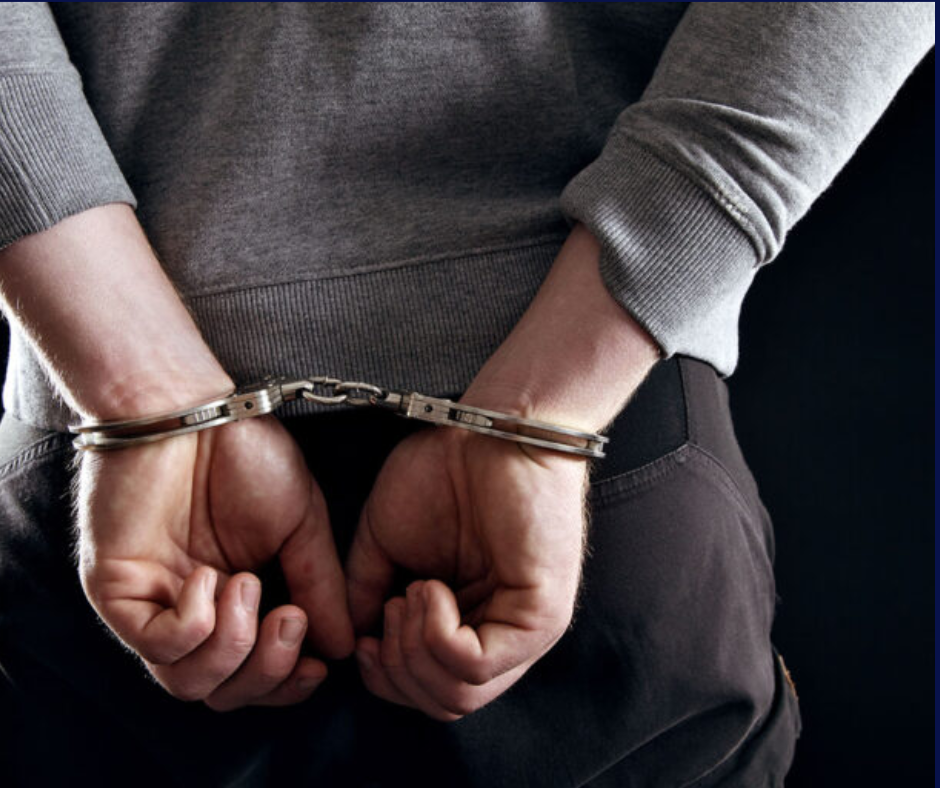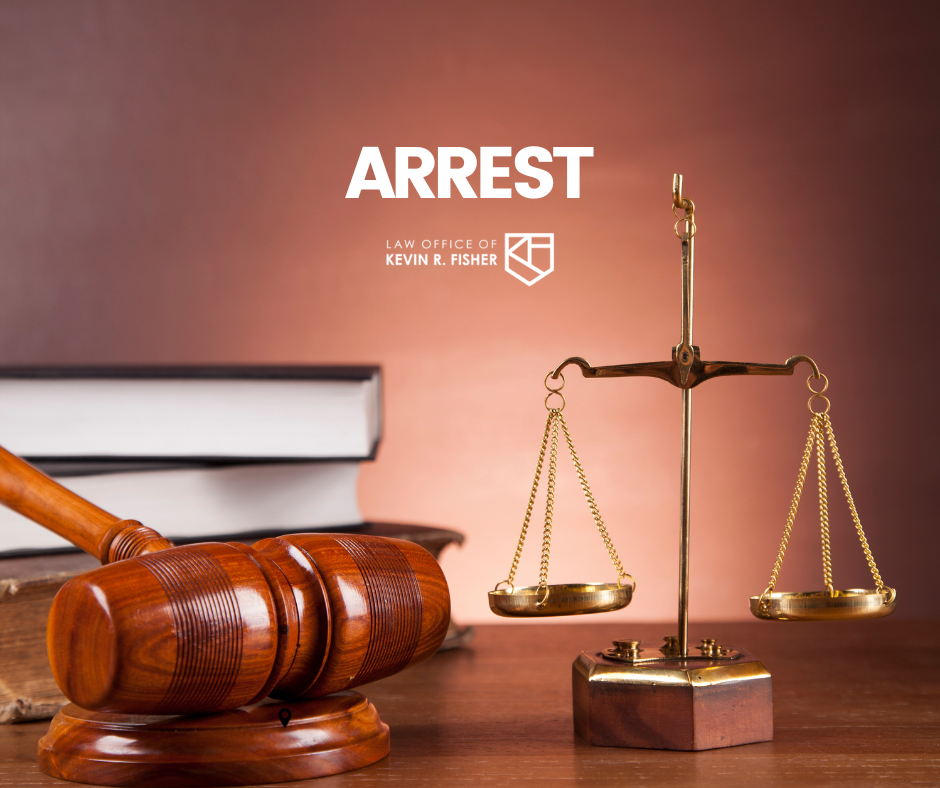Being arrested can be an overwhelming and distressing experience, especially if you are unfamiliar with the legal system. However, staying calm during the process that follows your arrest is essential. Keep reading to learn more about what happens after your arrest and the following weeks.
Immediate aftermath of arrest
Miranda Rights
The law enforcement officer will likely place you in handcuffs as soon as you are arrested. The officer will read you your Miranda rights, including your right to remain silent and an attorney. After the officer reads your Miranda rights, request an attorney, and remain silent. Remember, anything you say can and will be used against you in court. However, you can share basic information with the officers, such as your name or address, if an officer asks about this information.
There may not be a warrant for your arrest. This is because police officers can arrest anyone they see committing a crime or during emergencies.
It is important to remain calm and cooperative with the arresting officers during this process to avoid the officers adding additional charges.
Booking Process
Following your arrest, you will be taken to a police station or a local detention facility to go through the booking process. During this process, the officer will record your personal information, including your name, address, and fingerprints. Your photo will also be taken. Any belongings you had on you at the time of your arrest will be collected and secured as evidence.
Initial Detention
After an officer books you, you may be held in a holding cell until you post bail or are released. Depending on the severity of your charges, you will then be moved into a jail cell until your bail hearing or arraignment.

The weeks following your arrest
Bail Hearing
Within 90 days of your arrest, a bail hearing will be scheduled to determine whether you can be released from custody while you wait for your case to be scheduled for trial. During the hearing, the judge will consider factors such as the nature of the offense, your ties to the community, your criminal history, your likelihood of intimidating witnesses, and your likelihood of committing a crime while released to decide whether to grant bail and set the bail amount. For more information about bail, please click here.
Arraignment
The arraignment is a formal court hearing where you are informed of the charges against you and asked to enter a plea (guilty, not guilty, or no contest). If you don’t have an attorney at this stage, it is crucial to request one because they provide guidance and protect your rights throughout the legal process.The judge may consider bond during your arraignment hearing.
Pretrial Proceedings
In the weeks following your arrest, several pretrial proceedings may take place. These include:
- Discovery
The prosecution will disclose evidence they have against you, allowing your attorney to evaluate the strength of their case and build a defense.
- Motions
Your attorney may file motions, such as a motion to suppress evidence or dismiss charges. These motions protect your rights and potentially weaken the prosecution’s case.
- Trial Preparation
If your case proceeds to trial, your attorney will engage in trial preparation. This involves examining witnesses, gathering evidence, and formulating a strong defense strategy. It is important to maintain open communication with your attorney, provide them with all relevant information, and attend meetings with your attorney to actively participate in your defense.
Have questions? Give me a call.
I have decades of experience fighting for clients at all stages of their cases. I know the players in the Georgia criminal court, and I am here to help you throughout the life of your case. If you need a criminal defense attorney or have legal questions, give me a call today!

